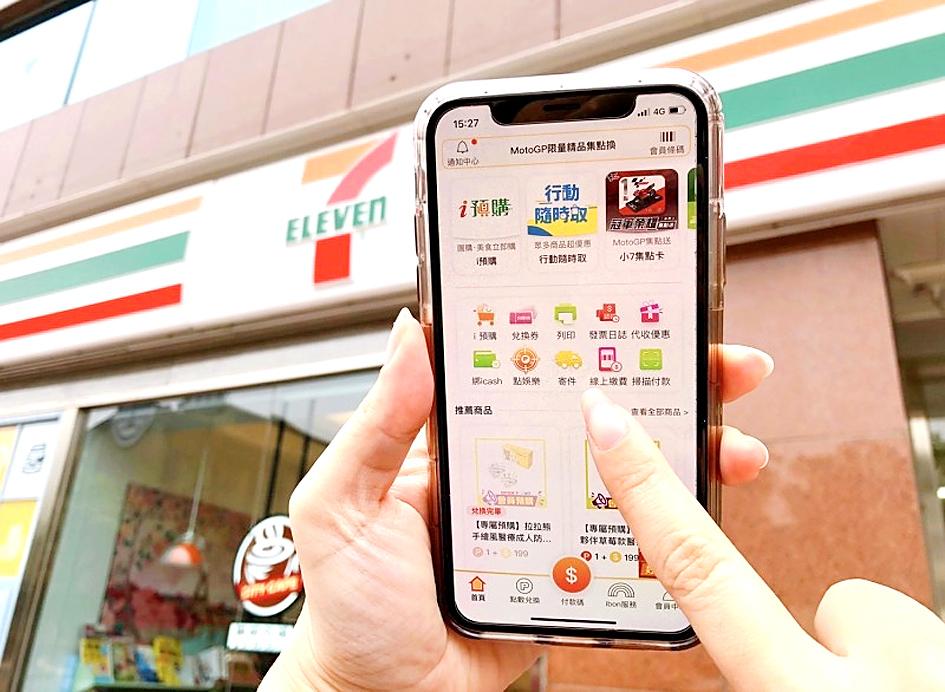HSBC Bank (Taiwan) Ltd (匯豐台灣商銀) on Thursday announced that it has approved a two-year sustainability-linked loan (SLL) totaling US$70 million to Uni-President Enterprises Corp (統一企業), which would use the proceeds to achieve four environmental objectives.
The loan is the largest SLL in Taiwan, followed by DBS Bank Taiwan’s (星展銀行) loan of NT$2 billion (US$63 million at the exchange rate at the time) to AU Optronics Corp (友達光電) in May 2019.
HSBC Taiwan offered the capital to Uni-President, as the food-and-beverage conglomerate has set specific plans to improve its environmental, social and corporate governance (ESG), as well as four objectives, and it needs funds to facilitate the plans, HSBC head of global banking Yasunao Nakano told the Taipei Times in an interview yesterday.

Photo courtesy of Uni-President Enterprises Corp
Uni-President’s objectives are to reduce its greenhouse gas emissions, boost its energy efficiency, improve wastewater management and facilitate the generation of more energy from its food waste, Nakano said.
It has transferred from fossil fuels to natural gas to power disinfection processes at its plants and the company is considering biomass energy to reduce its carbon emissions further, with fuel to come from raw waste at its production lines, he said.
It plans to invest more in photovoltaic power by setting up its own solar farms or purchasing solar power from independent generators, Nakano said, adding that it would also consider buying offshore wind power directly from developers.
Uni-President is to invest in new equipment or modify its wastewater treatment procedures to lower its chemical oxygen demand, Nakano said, adding that its reading is below the regulator’s cap of 100 milligrams per liter.
The company wants to improve that figure further, he said.
HSBC Taiwan has set targets for the objectives after negotiating with the borrower, and as in other SLLs, the bank would offer Uni-President lower interest rates if it reaches its targets, he said.
The SLL was the nation’s first to a food company, with previous loans going to electronics companies or industrial manufactures.
“We are confident that more companies from different sectors would be interested in applying for SLLs, as ESG performance has been highlighted among investors,” Nakano said.
The bank has been talking with retailers that plan to do more to help clients recycle packaging materials, he said.

Taiwan’s technology protection rules prohibits Taiwan Semiconductor Manufacturing Co (TSMC, 台積電) from producing 2-nanometer chips abroad, so the company must keep its most cutting-edge technology at home, Minister of Economic Affairs J.W. Kuo (郭智輝) said yesterday. Kuo made the remarks in response to concerns that TSMC might be forced to produce advanced 2-nanometer chips at its fabs in Arizona ahead of schedule after former US president Donald Trump was re-elected as the next US president on Tuesday. “Since Taiwan has related regulations to protect its own technologies, TSMC cannot produce 2-nanometer chips overseas currently,” Kuo said at a meeting of the legislature’s

TECH WAR CONTINUES: The suspension of TSMC AI chips and GPUs would be a heavy blow to China’s chip designers and would affect its competitive edge Taiwan Semiconductor Manufacturing Co (TSMC, 台積電), the world’s biggest contract chipmaker, is reportedly to halt supply of artificial intelligence (AI) chips and graphics processing units (GPUs) made on 7-nanometer or more advanced process technologies from next week in order to comply with US Department of Commerce rules. TSMC has sent e-mails to its Chinese AI customers, informing them about the suspension starting on Monday, Chinese online news outlet Ijiwei.com (愛集微) reported yesterday. The US Department of Commerce has not formally unveiled further semiconductor measures against China yet. “TSMC does not comment on market rumors. TSMC is a law-abiding company and we are

FLEXIBLE: Taiwan can develop its own ground station equipment, and has highly competitive manufacturers and suppliers with diversified production, the MOEA said The Ministry of Economic Affairs (MOEA) yesterday disputed reports that suppliers to US-based Space Exploration Technologies Corp (SpaceX) had been asked to move production out of Taiwan. Reuters had reported on Tuesday last week that Elon Musk-owned SpaceX had asked their manufacturers to produce outside of Taiwan given geopolitical risks and that at least one Taiwanese supplier had been pushed to relocate production to Vietnam. SpaceX’s requests place a renewed focus on the contentious relationship Musk has had with Taiwan, especially after he said last year that Taiwan is an “integral part” of China, sparking sharp criticism from Taiwanese authorities. The ministry said

US President Joe Biden’s administration is racing to complete CHIPS and Science Act agreements with companies such as Intel Corp and Samsung Electronics Co, aiming to shore up one of its signature initiatives before US president-elect Donald Trump enters the White House. The US Department of Commerce has allocated more than 90 percent of the US$39 billion in grants under the act, a landmark law enacted in 2022 designed to rebuild the domestic chip industry. However, the agency has only announced one binding agreement so far. The next two months would prove critical for more than 20 companies still in the process